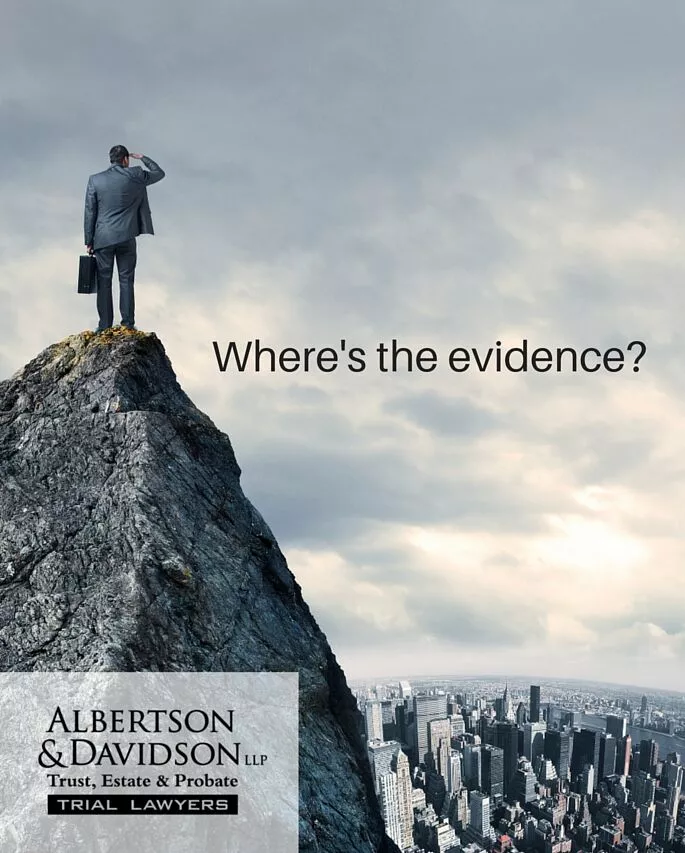
Imagine this: a system where every party fully discloses the facts, witnesses, and documents they have so each side can fairly evaluate their case and prepare for trial. That was the primary purpose of the Discovery Act being passed into law—to make trials more fair and evidence more transparent.
Unfortunately, the reality of gathering evidence through discovery does not measure up to this ideal. Discovery has become a game in itself. Unlike the Federal court system, where disclosure of documents is swift and mandatory, the California rules leave a lot to be desired.
But the system can and does work if you follow the rules and expect the same of opposing parties.
Under the Discovery Act you have a few tools at your disposal to gather evidence. The most popular tools are depositions, third-party subpoenas (where you can obtain bank or medical records, for example), inspection demands to the opposing party to review documents, interrogatories (written questions), and requests for admissions. Each of these tools have separate rules, but they work basically the same.
First, you send out your request to the opposing parties. Then you wait for the response. When the response is not sufficient, you have to meet and confer to discuss the deficiencies and the opposing party usually provides a supplemental response. If that still not not sufficient, then you file a motion to compel further responses and ask the court to order the party to respond properly.
From start to finish, the discovery process can take anywhere from six to twenty-four months. This all depends on the size of the case, the amount of evidence required to be collected, and the amount of resistance you encounter collecting the evidence.
Whatever amount of money you spend on your legal case, discovery will take up a majority of it (most likely). But at least you have a means to collect evidence before trial. The key is to get started with discovery as soon as you can and stick to the rules when requesting discovery, responding to discovery, and demanding information. In the end, you’ll be glad you did.
